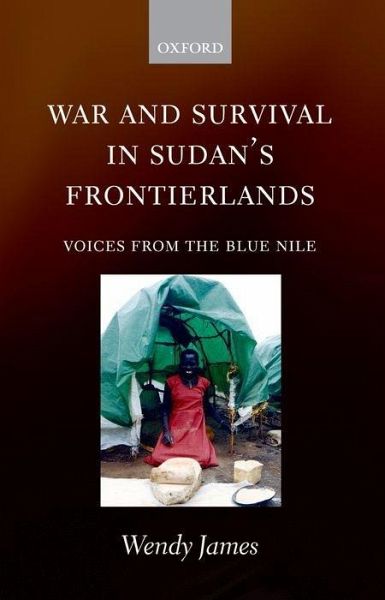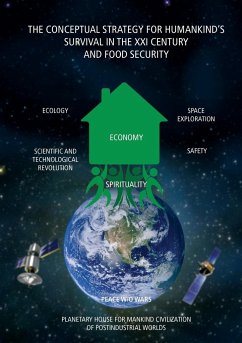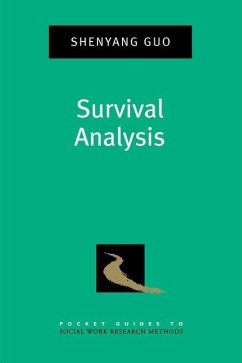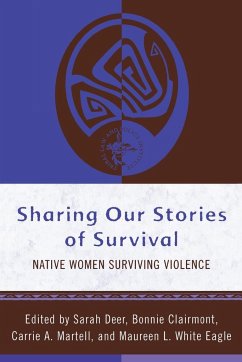
War and Survival in Sudan's Frontierlands
Voices from the Blue Nile
Versandkostenfrei!
Versandfertig in 1-2 Wochen
102,99 €
inkl. MwSt.

PAYBACK Punkte
51 °P sammeln!
This book completes a trilogy by the anthropologist Wendy James. It is a case study of how the Uduk-speaking people, originally from the Blue Nile region between the 'north' and the 'south' of Sudan, have been caught up in and displaced by a generation of civil war. Some have responded by defending their nation, others by joining the armed resistance of the Sudan People's Liberation Army, and yet others eventually finding security as international refugees in Ethiopia, and even further afield in countries such as the USA. Sudan's peace agreement of 2005 leaves much uncertainty for the future o...
This book completes a trilogy by the anthropologist Wendy James. It is a case study of how the Uduk-speaking people, originally from the Blue Nile region between the 'north' and the 'south' of Sudan, have been caught up in and displaced by a generation of civil war. Some have responded by defending their nation, others by joining the armed resistance of the Sudan People's Liberation Army, and yet others eventually finding security as international refugees in Ethiopia, and even further afield in countries such as the USA. Sudan's peace agreement of 2005 leaves much uncertainty for the future of the whole country, as conflict still rages in Darfur. The Uduk case shows how people who once lived together now try to maintain links across borders and even continents through modern communications, and where possible recreate their 'traditional' forms of story-telling, music, and song.














